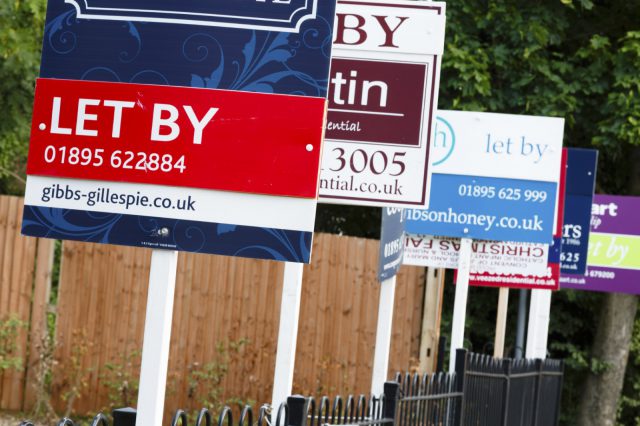Changes coming for ‘blanket licensing’
The Government has confirmed that local councils will not be permitted to licence landlords over a large area without official approval. Housing and planning minister Brandon Lewis has decided to take action, in the face of complaints regarding councils making licensing for landlords mandatory. Compulsory licensing for landlords costs hundreds of pounds for each property.
Reforms
From April 1st, reforms to the Selective Licensing scheme will cap powers that local authorities currently hold. Under the changes, councils will have to gain government approval before pressing ahead with any licensing plans if they wish to licence a large proportion of the market. This area is likely be around 20% or more of the geographic landscape covered by the local council or local private rented sector.
The National Landlords Association (NLA) was one of a number of organisations who have constantly harried the government to make changes to existing reforms. A report from the NLA in 2010 revealed a rise in blanket licensing schemes, but a lack of enforcement methods being employed by councils.
Abusing Power
CEO of the NLA Richard Lambert said that his organisation had, ‘argued solidly since 2010 that councils have been abusing their power to push through blanket licensing schemes.’[1]
Lambert believes that the announcement of changes will mean that councils intent on licensing substantial area will need to prove their case works under scrutiny. He said that he was, ‘delighted,’ that the government had listened to them as, ‘at present the driving force behind licensing landlords seems to be the political will of a given local council, regardless of the evidence.’[1]
He suggested that, ‘many local councils won’t like this decision one bit because until now they’ve been their own judge and the only way for landlords to challenge them has been through the difficult and complex route of judicial review.’ Going on, Lambert said that, ‘landlords are getting fed up with being unfairly targeted and made responsible for problems such as anti-social behavior when in reality they have little effective control over the issue, except by eviction.’[1]
Mr Lambert is hopeful that the changes will mean that, ‘councils who are serious about tackling poor property standards and anti-social behaviour will first look to the extensive existing legal powers they already have to combat the issues.’[1]
[1] http://www.propertywire.com/news/europe/landlords-licences-councils-change-2015031610264.html

